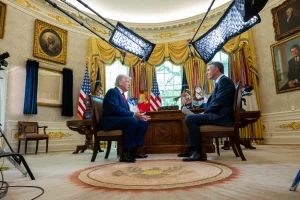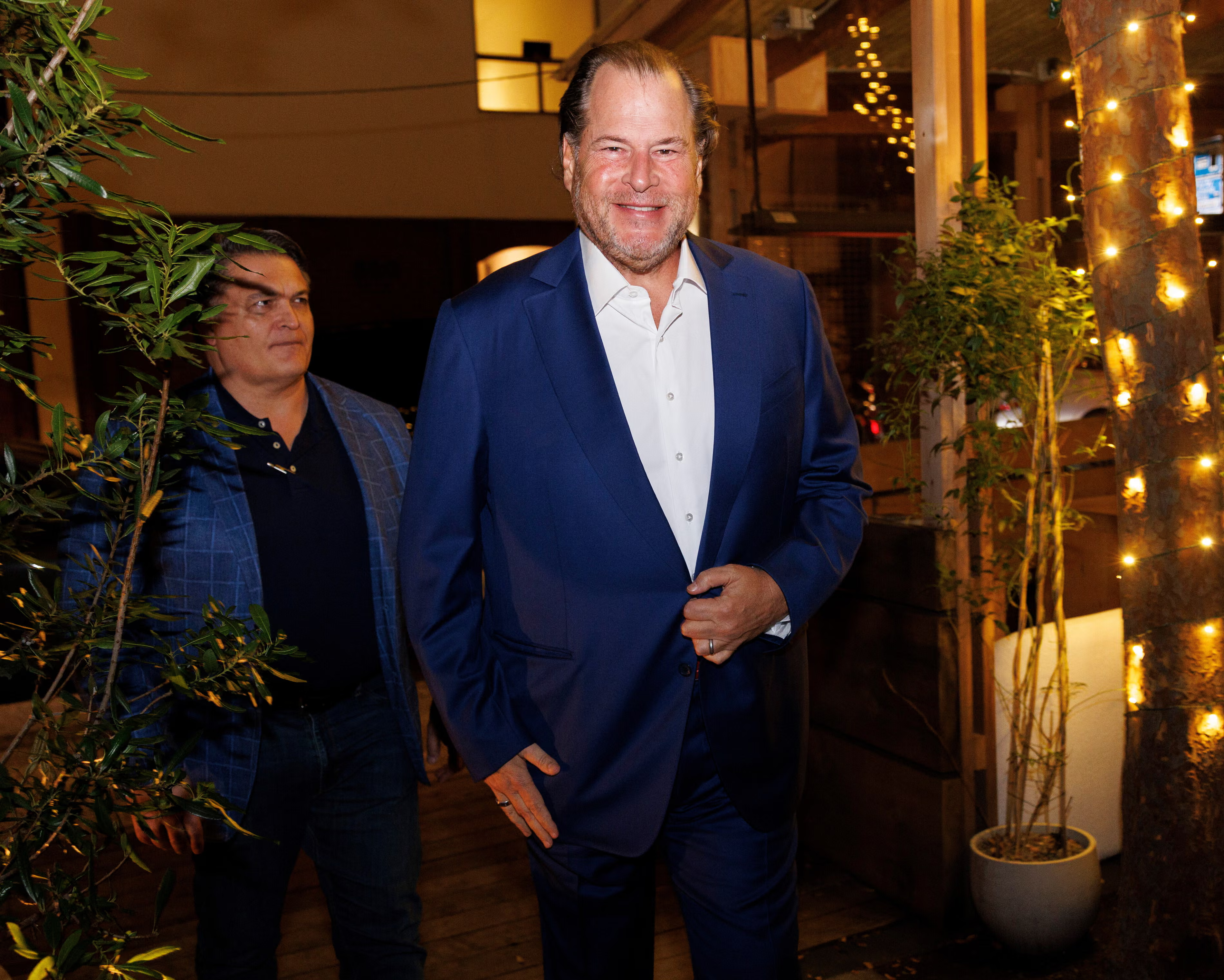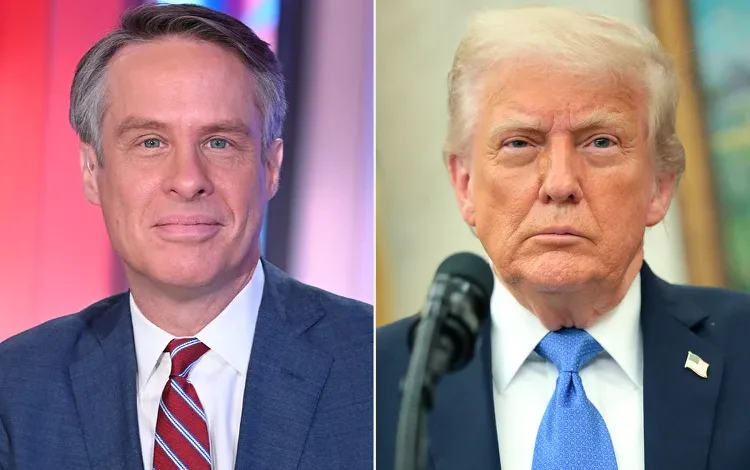When ABC News chose not to renew the contract of longtime correspondent Terry Moran following his viral post targeting President Donald Trump’s adviser Stephen Miller, the media world split sharply along familiar lines. Was this a free speech overreach or a necessary act to protect journalistic integrity?
In the now-deleted post, Moran wrote that Miller “eats his hate” and described his “hatreds” as “spiritual nourishment.” That tweet cost Moran his job—and reignited debate about the ethical boundaries journalists must observe when public platforms blur the personal with the professional.

To help us parse the tension between individual conscience and institutional trust, Wyoming Star turned to Professor Deni Elliott, Professor Emeritus at the University of South Florida.
“Journalists who work for news organizations that claim to provide unbiased reporting should not express political views on social media,” Elliott said. “Reporters, photographers, videographers, editors, producers, anchors have the unique
ability to set the news agenda. Their news organizations gain and maintain credibility because audience members trust that what they get from a newscast is professional perspective, rather than personal opinion.”
That’s the crux of ABC’s decision. Not censorship, not partisanship — but the defense of credibility. And yet, the human impulse behind Moran’s statement — his personal revulsion at Miller’s public persona and record — feels understandable, even familiar. We live in a time when silence can seem complicit, and objectivity can feel like avoidance.
But Professor Elliott cautions not to confuse the roles.
“Speech from journalists that is made public, whether on the job or on personal social media, should reflect professional perspective,” she continued. “Journalists should view themselves as agents of a credible news organization, not individuals unchecked by editorial standards.”
Still, some argue that social media has forever dissolved the boundary between the private and the professional. Can a journalist ever be truly “off-duty”?
“Like a judge, a journalist’s personal identity should not be on view to an audience that depends on their professional perspective,” Elliott responded. “Newsrooms should have clear policies that people on the news side share professional perspective — never personal opinion.”
As for Moran’s defense that his tweet was “true” and “from the heart,” Elliott reframes the issue entirely. It’s not about whether what he said was right or wrong — but whether saying it publicly undermined the core role of a journalist: to observe, not to opine.

Source: White House/Reuters
And in an era defined by political polarization, where criticism is conflated with bias and truth-telling is weaponized by all sides, what are journalists to do?
“Journalists should operate with integrity and do their jobs — provide professional perspective — regardless of being targeted,” Elliott said. “Repetition of a lie doesn’t make it true. News organizations should stand firm against bullies, whether those bullies are sources, story subjects, or political tyrants.”
Editor’s Note
Indeed, Moran is not the first journalist to be penalized for crossing the line between personal sentiment and professional responsibility — and he won’t be the last. But his case should prompt newsrooms to clarify their values, policies, and red lines. And it should push individual journalists to consider not only what they believe, but how and when they share it.
For the public, this moment reminds us that a free press depends not only on courage — but on restraint. The power of journalism lies in its ability to hold the powerful accountable while remaining credible to the people it serves.










The latest news in your social feeds
Subscribe to our social media platforms to stay tuned